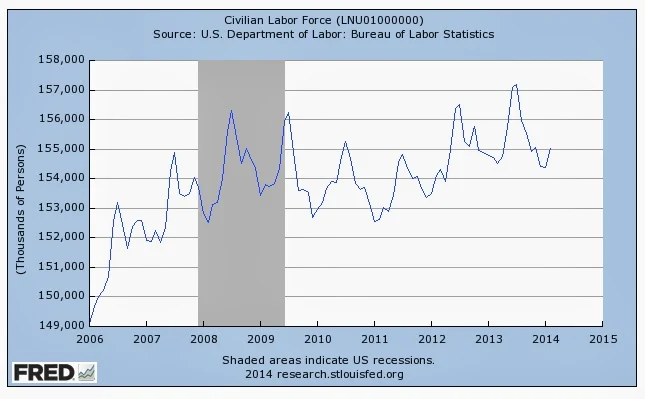So reports Bloomberg here in late February:
The epicenter of the U.S. foreclosure crisis is shifting to New Jersey and New York, threatening a housing rebound in one of the country’s most densely populated areas. ...
The number of New York and New Jersey homeowners losing their houses reached a three-year high in 2013. Banks in these states have been slowly working through a backlog of delinquent loans that enabled borrowers to skip mortgage payments for years. ...
“It is really a delayed reaction in New Jersey and New York,” said Michael Fratantoni, chief economist for the Mortgage Bankers Association in Washington. “Loans that were made pre-crisis have been in this state of suspended animation for a number of years. And now, we are beginning to see the pace of resolution pick up.”
Keith Jurow has been warning about this since at least early 2013.
















